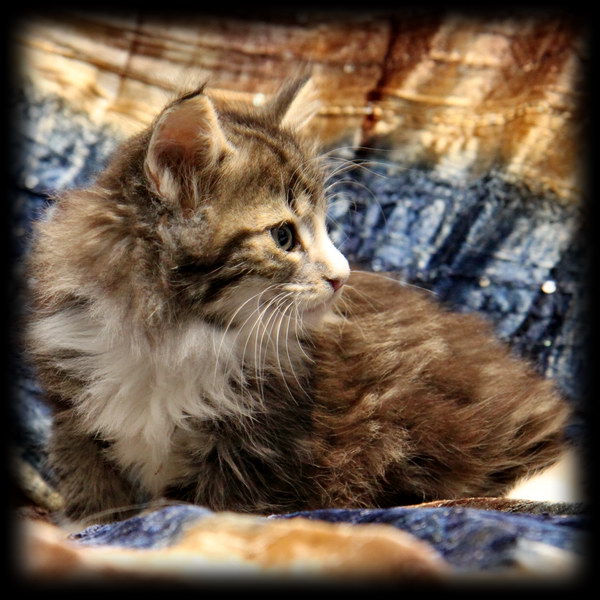|
|
In Norse mythology, Loki, Loptr, or Hveðrungr is a god or jötunn (or both). Loki is the son of Fárbauti and Laufey, and the brother of Helblindi and Býleistr.
By the jötunn Angrboða, Loki is the father of Hel, the wolf Fenrir, and the world serpent Jörmungandr.
By his wife Sigyn, Loki is the father of Narfi and/or Nari.
And by the stallion Svaðilfari, Loki is the mother—giving birth in the form of a mare—to the eight-legged horse Sleipnir.
In addition, Loki is referred to as the father of Váli in the Prose Edda.
Loki's relation with the gods varies by source. Loki sometimes assists the gods and sometimes causes problems for them.
Loki is a shape shifter and in separate incidents he appears in the form of a salmon, mare, seal, a fly, and possibly an elderly woman.
Loki's positive relations with the gods end with his role in engineering the death of the god Baldr.
Loki is eventually bound by the gods with the entrails of one of his sons.
With the onset of Ragnarök, Loki is foretold to slip free from his bonds and to fight against the gods among the forces of the jötnar, at which time he will encounter the god Heimdallr and the two will slay each other.
Loki is attested in the Poetic Edda, compiled in the 13th century from earlier traditional sources; the Prose Edda and Heimskringla, written in the 13th century by Snorri Sturluson; the Norwegian Rune Poems, in the poetry of skalds, and in Scandinavian folklore.
Loki may be depicted on the Snaptun Stone, the Kirkby Stephen Stone, and the Gosforth Cross.
Loki's origins and role in Norse mythology, which some scholars have described as that of a trickster god, have been much debated by scholars.
 |

